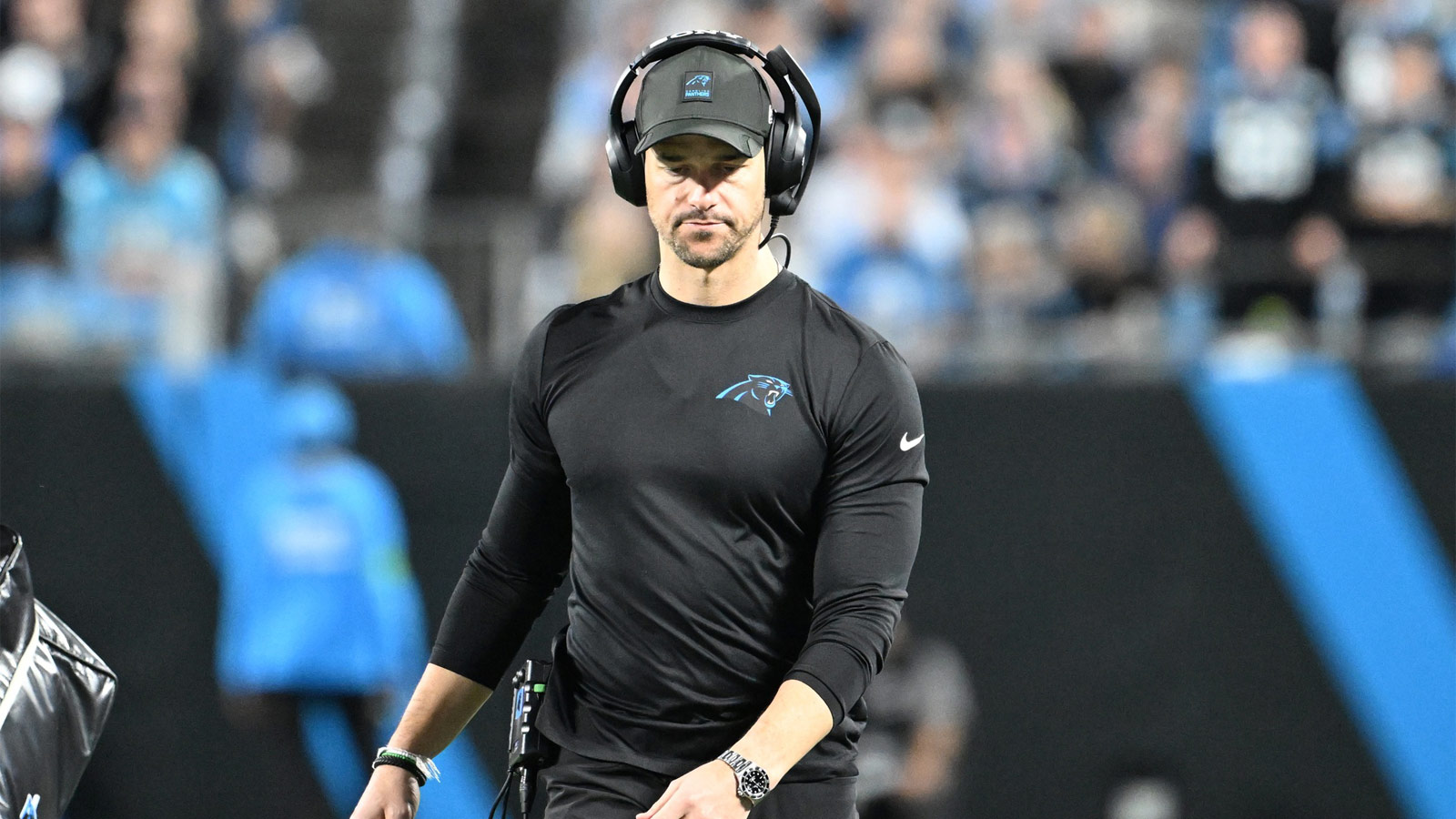As the NFL begins wrapping up, all eyes turn to the strategic team decisions in the off-season that are pivotal for shaping the future trajectory of franchises. The Carolina Panthers, who were the league's worst team after the 2023 regular season, are at the forefront of this strategic planning, with reports strongly indicating their intention to apply the franchise tag to star edge rusher Brian Burns (per ESPN's Garziano & Fowler). This move, aimed at retaining Burns while negotiations for a long-term deal continue, underscores the importance of key defensive players to their team's success and strategic vision.
The franchise tag is a tool used by NFL teams to retain valuable free agents for an additional year under a predetermined salary that ranks among the top salaries at their position. This approach provides teams with the flexibility to negotiate long-term contracts while ensuring that key talents remain on the roster. For Burns, whose performance on the field has made him a cornerstone of the Panthers' defense, the tag not only recognizes his contributions but also represents the team's commitment to securing his presence for the foreseeable future.
Brian Burns has established himself as one of the premier edge rushers in the league, known for his speed, agility, and ability to disrupt opposing offenses. Since being drafted, Burns has been a consistent force for the Panthers, contributing significantly to their pass rush and defensive schemes. His importance to the team cannot be overstated, as edge rushers play a crucial role in the modern NFL, tasked with pressuring quarterbacks and stifling the passing game, which dominates today's offensive strategies.
The decision to potentially franchise tag Burns parallels a broader trend within the NFL, where teams are increasingly using the tag to negotiate with key defensive players. For instance, the Jacksonville Jaguars are reportedly considering a similar strategy with their own standout edge rusher, Josh Allen. This reflects a league-wide recognition of the critical impact that players like Burns and Allen have on the success of a defense, emphasizing the strategic importance of securing top talent in negotiations.
Negotiating a long-term deal with Burns would not only solidify the Panthers' defensive lineup but also signal to the rest of the league and to their fans the franchise's ambition and commitment to building a competitive team. Long-term contracts provide players with security and a sense of belonging, factors that can contribute to their performance and leadership on and off the field. For Burns, securing a deal that reflects his value and contribution to the team would be a significant milestone in his career, offering him the stability to focus entirely on his game.
The strategy of using the franchise tag as a negotiation tool is a delicate balancing act. While it offers immediate solutions, it also opens a window for long-term discussions. The Panthers' approach with Burns will be closely watched by analysts and fans alike, serving as a case study in how teams navigate the complex dynamics of player contracts, team building, and salary cap management in pursuit of success.
As the deadline for franchise tag applications approaches, the Panthers find themselves at a critical juncture. The decision to tag Brian Burns, while expected, is a clear indication of the franchise's priorities and its recognition of the fundamental role Burns plays in their defensive strategy. How this decision unfolds will have lasting implications for the Panthers' roster construction, salary cap management, and competitive outlook for the upcoming season and beyond.
In conclusion, the Carolina Panthers' near-certain strategy to apply the franchise tag to Brian Burns highlights the intricate dance between player retention and financial strategy in the NFL. As teams like the Panthers and Jaguars navigate these waters with their star edge rushers, the outcomes of these negotiations will provide valuable insights into the evolving landscape of the league, where securing top talent is paramount to achieving long-term success.



















